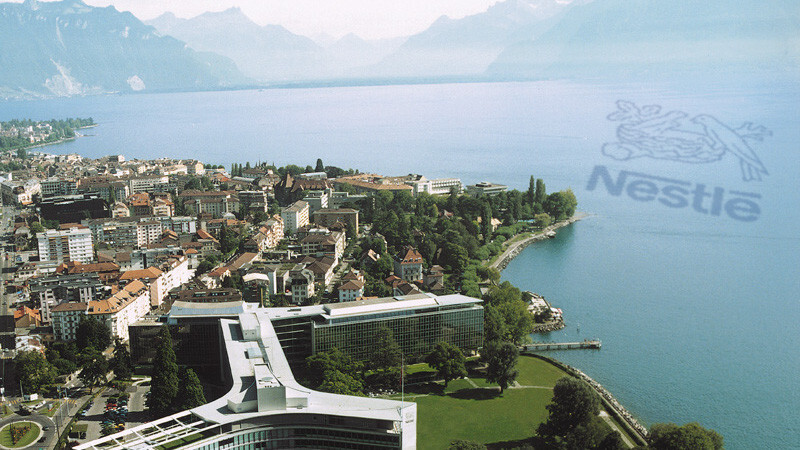
Nestlé has bragged it’s the first major food and beverage company to announce a blockchain pilot that will allow consumers to track product sustainability and provenance.
The company’s DLT program will start by tracing milk from producers in New Zealand to Nestlé’s factories and warehouses in the Middle East. Nestlé expects to add palm oil sourced in the Americas at a later date.
“We believe it is another important step towards the full disclosure of our supply chains announced by Nestlé in February this year, raising the bar for transparency and responsible production globally,” said a Nestlé representative in a press release.
Unlike its previous pilots, Nestlé won’t be using IBM’s blockchain tool IBM Food Trust. Instead, it will use blockchain platform OpenSC, developed by World Wildlife Fund (WWF) Australia and The Boston Consulting Group Digital Ventures.
Nestlé says these pilots will allow it to understand how effectively OpenSC can scale.
Hard Fork has reached out to Nestlé to learn more about its decision to use OpenSC over IBM Food Trust, and will update this piece should we receive a reply.
Mapping supply routes has certainly evolved to be one of blockchain’s most prevalent use-cases.
European supermarket chains Auchan, Albert Heijn, and Carrefour have each shipped produce in packaging that features blockchain-enabled QR codes — the latter having already declared intention to put 20 percent of its products “on the blockchain” by 2020.
Update 18:01 UTC, July 2: A Nestlé spokesperson has since contacted Hard Fork to say Nestlé considers IBM a “valued partner in this blockchain exploration,” and that the two companies will continue to work together.
They also confirmed Nestlé’s pilot program that uses IBM Food Trust is still ongoing.
“This new partnership will be complementing our ongoing work for a slightly different application,” said the spokesperson via email. “Through open blockchain technology, we would like to go further in our full transparency journey.”
“Consumers will be able to access key sustainability data related to Nestlé supply chains. Anyone can verify traceability and sustainability claims independently. The access to this information will also be much easier as everything they need to know about the key ingredients will be in one place,” they added.
Get the TNW newsletter
Get the most important tech news in your inbox each week.





